Ten Questions for Lauren Acampora
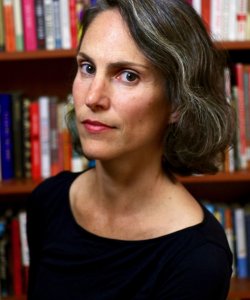
“These characters have been in my head for so long that they seem more real to me than some people.” —Lauren Acampora, author of The Hundred Waters
Jump to navigation Skip to content
Read weekly interviews with authors to learn the inside stories of how their books were written, edited, and published; insights into the creative process; the best writing advice they’ve ever heard; and more.

“These characters have been in my head for so long that they seem more real to me than some people.” —Lauren Acampora, author of The Hundred Waters
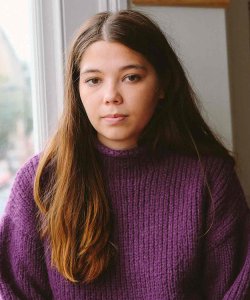
“I was surprised by my own tendency to write longer and longer lines and to frequently slip into prose poems.” —Nina Mingya Powles, author of Magnolia 木蘭

“If you can surprise a reader with a character’s reaction, a scene will almost always work.” —Megan Giddings, author of The Women Could Fly
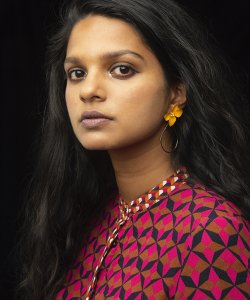
“Writing, I now believe, is both a confidence trick and an alchemical process.” —Sarah Thankam Mathews, author of All This Could Be Different
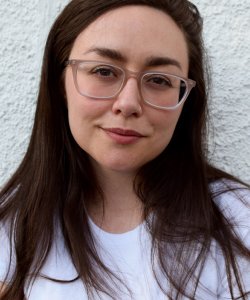
“I needed to live all of the change and movement and multiplicity that the book wound up being about in order to write it.” —Caylin Capra-Thomas, author of Iguana Iguana
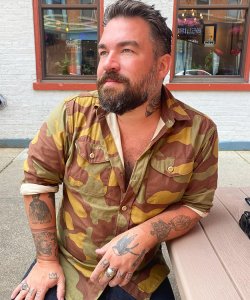
“A reader who truly needs these stories might not come to them for weeks, months, or even years.” —Isaac Fitzgerald, author of Dirtbag, Massachusetts: A Confessional

“This book really fought me, or I fought it, for the first couple of years.” —Safia Elhillo, author of Girls That Never Die
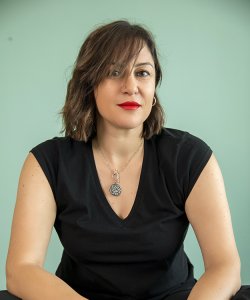
“I think it was essential that I turn further inward, that I trust the ‘quieter’ poems.” —Zeina Hashem Beck, author of O

“Write because you want to, not to define yourself for the benefit of other people.” —Maya Marshall, author of All the Blood Involved in Love
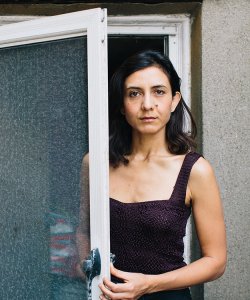
“I was struck by the freedom of third person, how I could roam and jump and skip around, and cozy up to characters and then back away.” —Ottessa Moshfegh, author of Lapvona

“I wanted to write female friendship in a way that felt honest to me.” —Christine Kandic Torres, author of The Girls in Queens
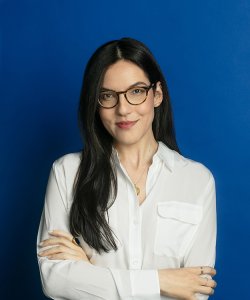
“When you’re in that in-between stage, between starting something and gathering speed, a piece of chipped nail polish is the most riveting thing in the world.” —Sloane Crosley, author of Cult Classic
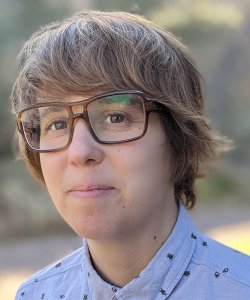
“I have to lock up my phone every day—in a box designed for locking up cookies—during the hours I’m writing. Text messages ruin me.” —Lydia Conklin, author of Rainbow Rainbow

“Prioritize writing. Make time for it. Plan it like you plan your grocery lists. Plant your ass in the chair and do it.” —Gabe Montesanti, author of Brace for Impact

“There are plenty of hard truths in Ma and Me that were difficult to put down on the page, and then there are other truths that are mine, and mine alone, to keep.” —Putsata Reang, author of Ma and Me
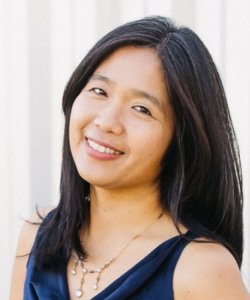
“If I had known about the twists and turns beforehand, I like to think I would have kept going, but maybe it’s better not to know.” —Vanessa Hua, author of Forbidden City
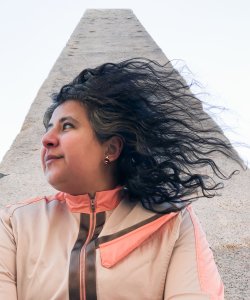
“This book has its own life force. All you have to do is allow it to come together.” —Marwa Helal, author of Ante body

“Adjust one small plot point in the second half of the book, and you realize you’ve got to go back to the beginning and account for that change.” —Soon Wiley, author of When We Fell Apart
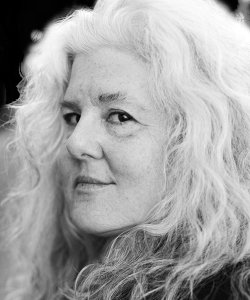
“I am a fitful writer: long periods of not writing followed by intense engagement.” —Dana Levin, author of Now Do You Know Where You Are
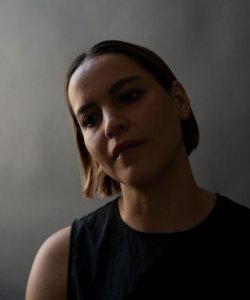
“To be a writer, the best thing someone can do, in my opinion, is read. Read everything.” —Eloisa Amezcua, author of Fighting Is Like a Wife

“I hope everyone who writes begins by recognizing their own value and the value of the very act of their having chosen to write.” —Dara Barrois/Dixon (formerly Dara Wier), author of Tolstoy Killed Anna Karenina
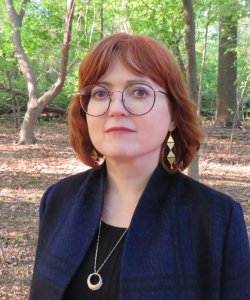
“I have dogs who get me outside on walks every day, but otherwise I generally feel like I should be writing whenever I’m not.” —Maud Newton, author of Ancestor Trouble
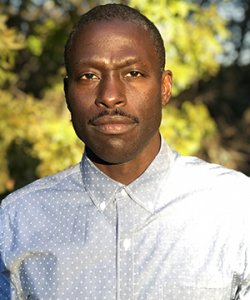
“Get out of the way of the writing. Don’t make it precious. Sit down and get to it.” —Roger Reeves, author of Best Barbarian
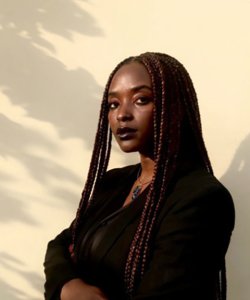
“It’s good to know who to trust, I’ve been learning, but also who to doubt.” —Eloghosa Osunde, author of Vagabonds!
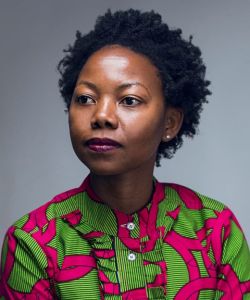
“I wasn’t ready for how much this novel would demand.” —NoViolet Bulawayo, author of Glory